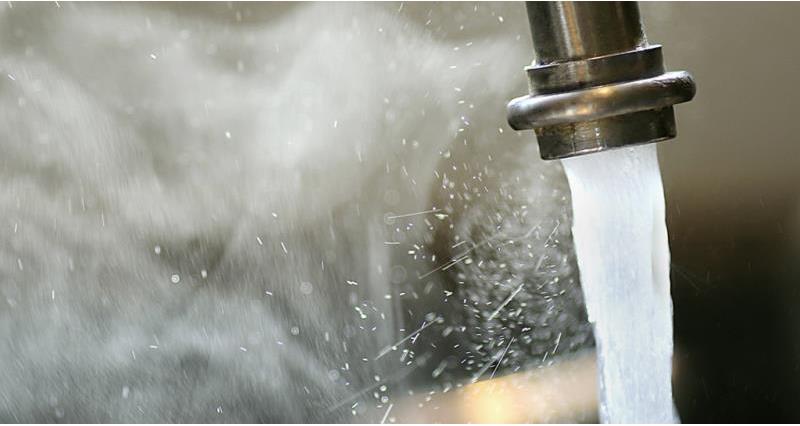A series of RWG documents is being developed to help non-household customers, such as farmers, to navigate the water retail market.
The issue:
For NFU members the retail market has given rise to an upsurge in complaints on two specific issues – leaks and repairs on the customer’s side of the metre; and accurate billing involving non-return to sewer allowances.
The first new RWG customer guide addresses leakage.
Like all water customers, farmers are responsible for maintaining water pipes located on the ‘customer’s side of the meter’. Farms are particularly vulnerable to leaks because of the nature of the site and the long lengths of pipework. Leaks can be difficult to find and repair and they can result in higher bills for water that is wasted until the leak is detected.
New RWG guidance on Leakage Allowance outlines what both the retailer and wholesaler’s responsibilities are, what NFU members can expect as a minimum standard of service, and how you can apply for any allowances available.
The second new RWG customer guide addresses ‘Return to Sewer Allowance‘.
This is available to customers where water is supplied to the business premises but is then not discharged through the sewerage network. This is common on farms where water is consumed by livestock in drinking troughs, or where water is added in food production and manufacturing processes on site, for example.
But claiming the return to sewer allowance has become problematic because the customer no longer claims it directly from the wholesaler but via the retailer who makes arrangements on the customer’s behalf.
The new RWG return to sewer allowance guide explains the responsibilities of the wholesaler, retailer and customer and describes the different ways of calculating the allowance.
Members can find the new leakage and return to sewer guides on the ccwater website.
Background:
The water retail market opened in England (but not in Wales) in 2017. It means new water retailers are now responsible for billing, meter readings and value-added services provided to business customers like farmers.
Traditional public water companies, who are now known as wholesalers, still deliver mains water to business and domestic premises and treat wastewater that enters the sewerage system.
Retailers are responsible for dealing with non-household customer complaints but one of the problems arising from the new water market has been the break in direct communication between the customer and the wholesaler who provides the actual water and wastewater service on the farm.
That’s because the customer must now raise complaints with the retailer who then takes up the issue with the wholesaler on the customer’s behalf.
The new system has resulted in confusion amongst customers about who is responsible for what and in some cases has caused considerable delays in resolving disputes.
Further information
- The NFU urges all members to check their water bills carefully and regularly.
- Members who are concerned with any aspect of their water supply contract and require advice can contact NFU Callfirst on 0370 8458458.
- An NFU Business Guide is available to members which sets out the complaints process that operates for all customers of water and wastewater services.
More from NFUonline:

